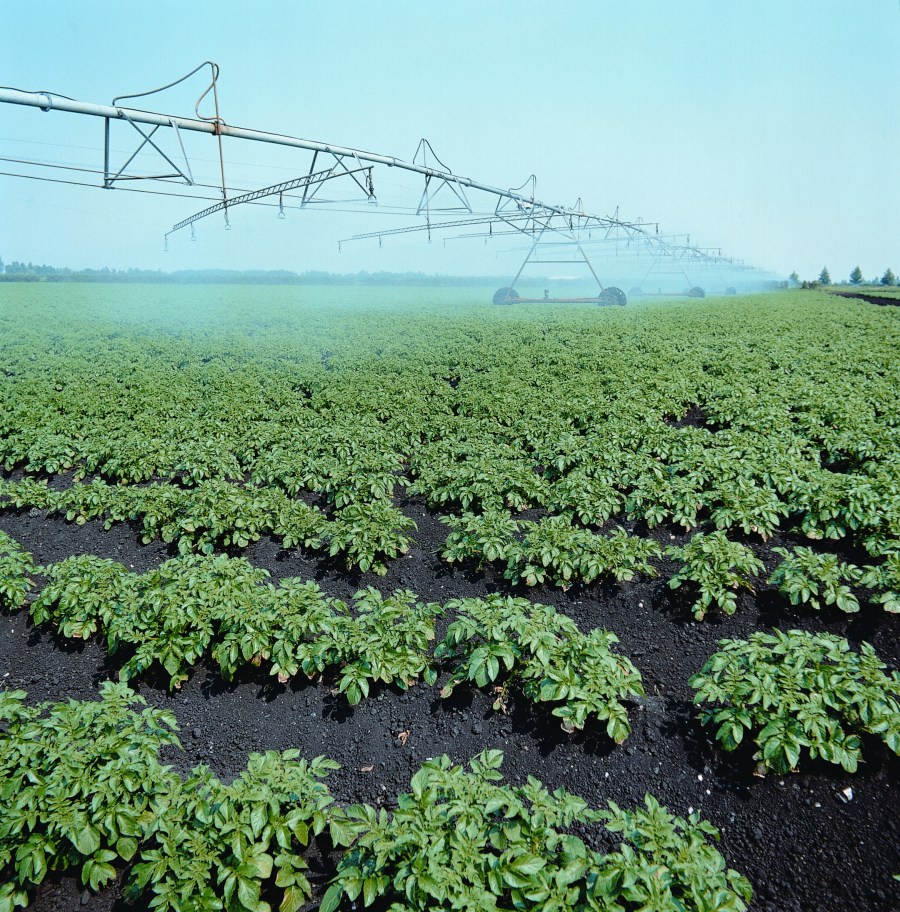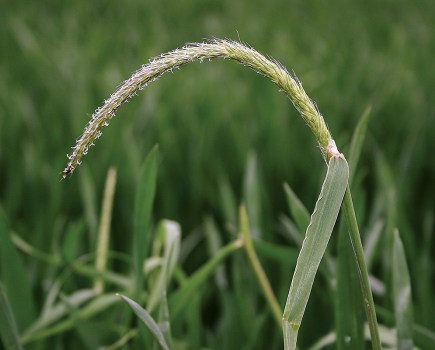Farmers will be able to apply for funding for improved slurry management and water efficiency, as part of new Defra plans announced today.
The support is through the government’s Plan for Water – which covers both the quality of water, and its resource.
Commenting on the funding, farming minister, Mark Spencer, says farmers have a huge role to play in helping to deliver clean and plentiful water.
“We know that farmers want to do the right thing, which is why – as part of today’s Plan for Water – we’re providing even more funding for farmers both to reduce their water pollution from slurry and better manage the water on their farms.”
Slurry management
Around £34M will be made available through the first round of the Slurry Infrastructure Grant – more than two and a half times the original budget. For this, the expectation will be to reduce slurry run-off into watercourses.
It’s believed that around half of slurry stores in England are currently not fit-for-purpose. The funding will provide farmers between £25,000 and £250,000 to build, replace or expand their current storage, or contribute towards solutions such as lagoons, steel and concrete ring tanks and large slurry bags.
Water management
The government is also due to publish guidance for the second round of the Water Management Grant, which opens for applications later this month, providing £10M in funding. This will involve farmers improving farm productivity through better irrigation systems, and instigating infrastructural changes such as on-farm reservoirs.
Grants will be between £35,000 and £500,000, to support farms of all sizes, while committing to supporting higher value projects that align with the fund’s objectives. An online checker will be available to help determine eligibility and likelihood of success.
Plan for Water
The government’s Plan for Water aims to transform the whole water system, tackling all sources of pollution including storm overflows, agriculture, plastics, road run-off, chemicals and pesticides. It’s also addressing the pressure on water supply, as a result of hotter, drier summers and population growth.
For the countryside, the plan includes an annual £1M investment in partnership projects, to improve chalk catchment. A £6.6M Lowland Peat Research and Development Programme is also being launched, to reduce emissions from lowland peatlands.
Beyond this, wider action includes a commitment to consult on a ban on plastic-based wet wipes. Subject to public consultation, the ban will work with industry to ensure plastic-free alternatives are available. Water companies are also being targeted, to speed up infrastructural upgrades.
Water Minister, Rebecca Pow, says the plan marks a step change in how water is managed. “This pulls together all the strands of our complex water system, and is setting us on a trajectory for a clean and sustainable water supply for future generations.
“Crucially, it’ll ensure that we secure clean water from a healthy environment, where chalk streams are restored and entire catchments – from source to sea – are the focal point,” she says.




